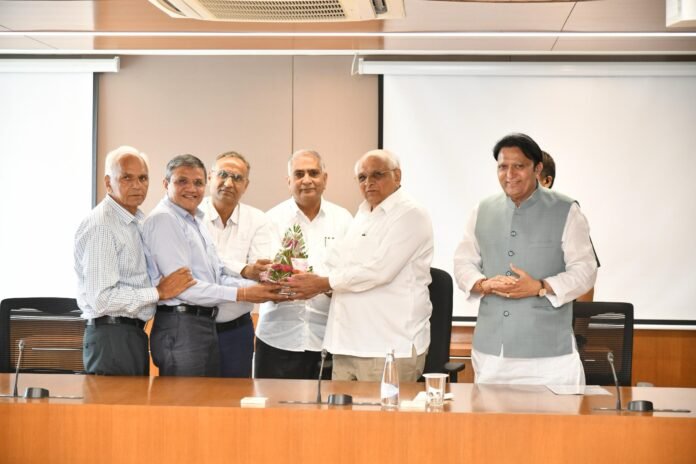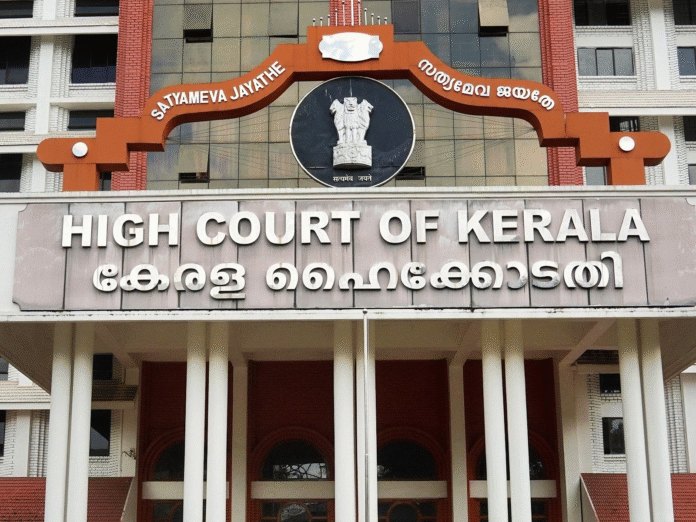Gujarat’s industry leaders recently met with Chief Minister Bhupendra Patel to thank Prime Minister Narendra Modi and the central government for the game-changing NextGen GST Reforms. This big announcement has everyone buzzing about how it could supercharge business across India, especially in the vibrant state of Gujarat.
The meeting happened with Industries Minister Balvantsinh Rajput right there, and the leaders couldn’t stop praising the new framework. They called it a “positive and inspiring step” that will make daily business operations smoother, cut down on logistics headaches, and create a super business-friendly vibe. These GST reforms, they say, will speed up industrial growth in Gujarat and lift the entire country’s economy.
Gujarat has been killing it on the GST front too. In the financial year 2024-25, the state raked in about Rs 1,36,748 crore from GST collections—a solid jump of Rs 11,579 crore from the year before. That puts Gujarat as the third-largest GST contributor in India, making up a whopping 8.2% of the nation’s domestic GST revenue. The growth came from a 13.6% rise in SGST and IGST revenues, which beat the national average of 10.31%.
Check out the monthly numbers—they’re impressive! In April 2025, Gujarat collected Rs 14,970 crore, up 13% from the previous year. And in July 2025, it hit Rs 11,358 crore, a 3% increase over July 2024. No wonder businesses are optimistic about these NextGen GST Reforms.
So, what’s new in these reforms? Launched by the central government, they’re the biggest update to the GST system since it kicked off in 2017. The tax slabs now simplify to just two main rates: 5% and 18%, with a special 40% slab for luxury items like high-end cars, tobacco, and cigarettes. Restaurant meals get a flat 5% GST rate, ditching the confusing multiple rates from before.
Compliance just got easier too. Businesses now file a single unified monthly return, small businesses file less often, and an automated input tax credit system zaps away delays. To fight fraud, an AI-driven detection tool will spot fake invoices and tax evasion, while a nationwide e-invoicing system ramps up transparency in transactions.
For MSMEs—the backbone of India’s economy—the reforms raise GST registration thresholds and expand the composition scheme to include more small traders. Exporters will love this: GST refunds now process in just seven days, boosting their cash flow.
Industry groups are all in, calling these business-friendly GST reforms a win for everyone. They say it’ll slash the compliance burden, streamline logistics, and drive growth in manufacturing and services sectors nationwide. If you’re running a business or just keeping tabs on India’s economy, these changes could make a real difference—stay tuned for how they roll out!



